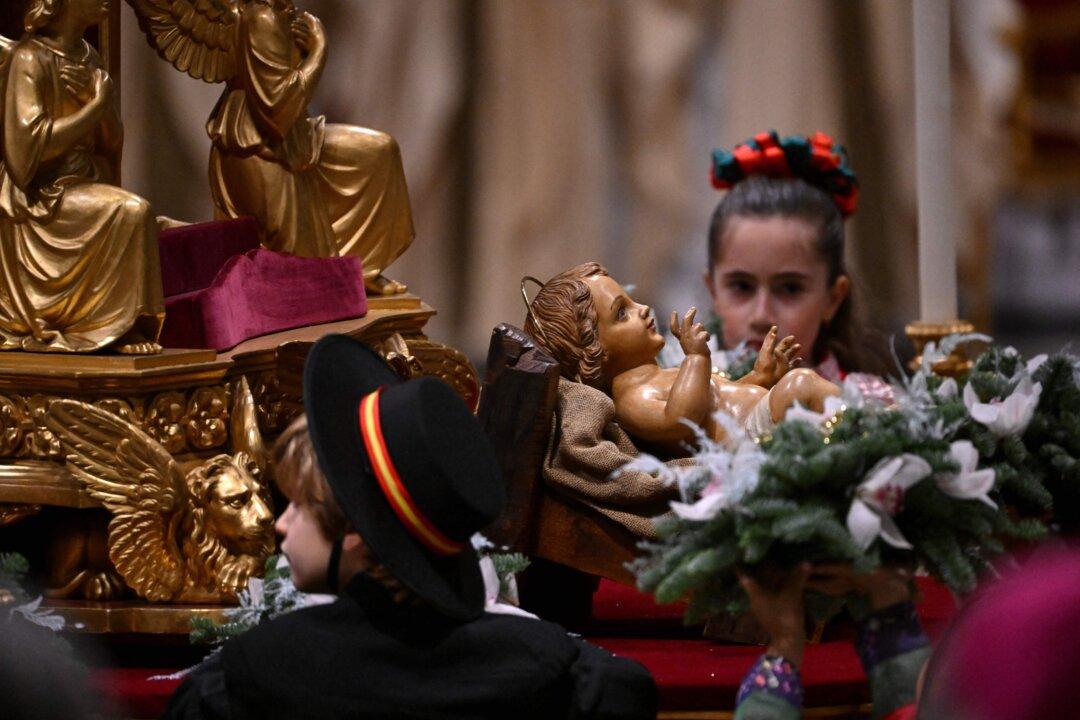Commentary
The first Christmas was celebrated with humility, gratitude, and heavenly exultation as the promised Savior of the World was born. That promise is unbreakable.

The first Christmas was celebrated with humility, gratitude, and heavenly exultation as the promised Savior of the World was born. That promise is unbreakable.